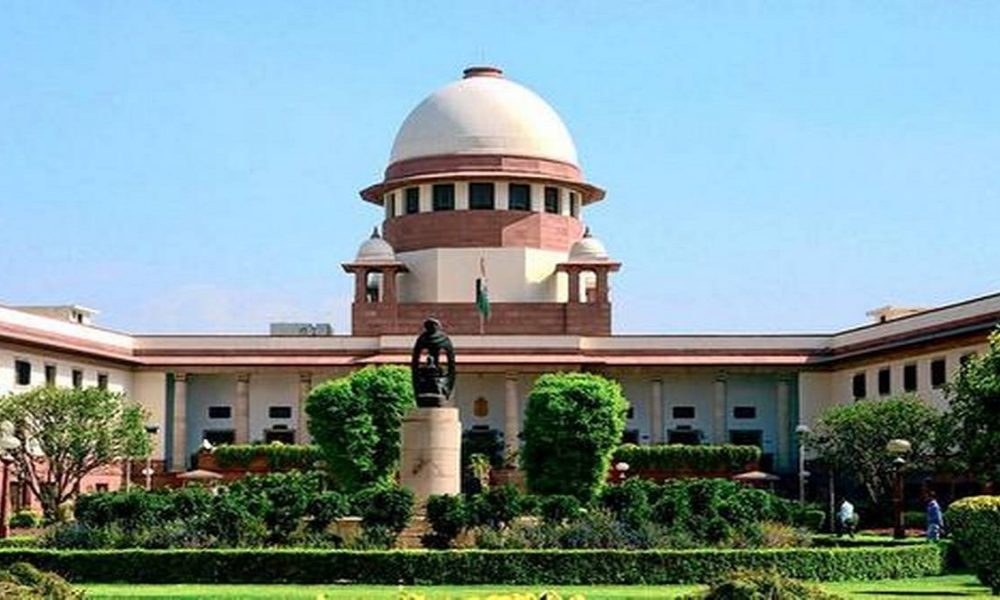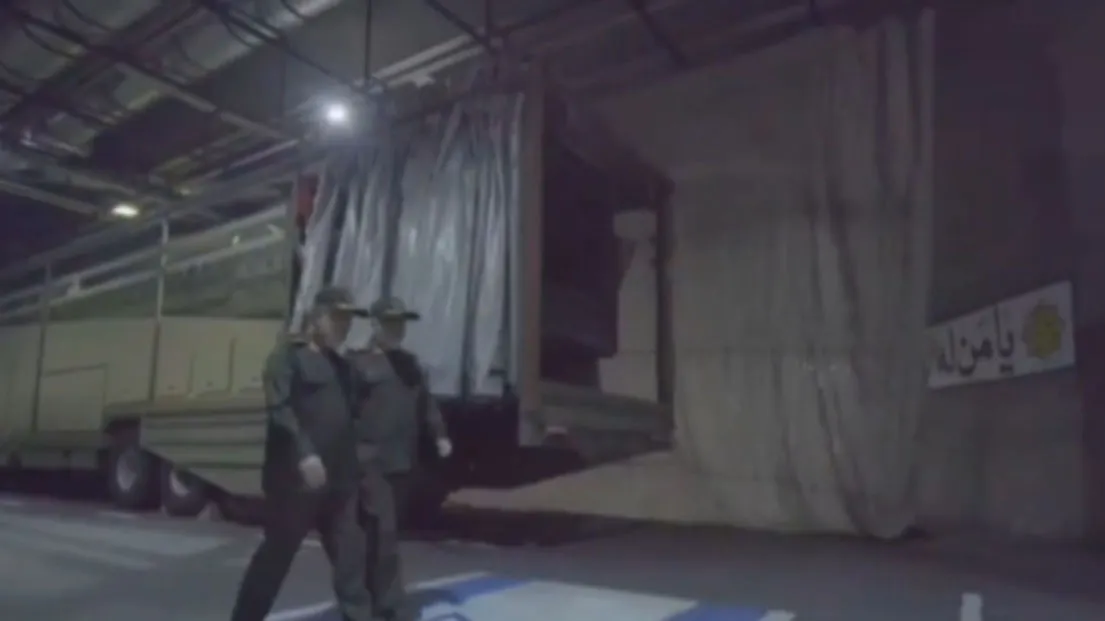The Supreme Court in the case Narsingh Ispat Ltd. vs Oriental Insurance Company Ltd. & Anr observed that the insurer cannot rely upon definitions in external sources such as statutes to repudiate a policy. The court further held that that the terms in the exclusion clause in an insurance policy will govern the parties.
Looking into the matter the top court observed:
the sum of Rs 89 lakh is to be deposited by the Insurance Company in the Registry of the Commission within one month from Monday, the court directed while restoring the matter to the NCDRC. the appellant (insured firm) will be at liberty to file an application for withdrawal of the amount before the Commission pending complaint. If such an application is filed by the appellant, the Commission may examine on its own merits and decide the same in accordance with law at the same time and the amount paid by the Insurance Company same shall be deposited in the interest-bearing account on auto renewal basis.
In Ishar Das Madan Lal’s case it was observed by the court that it would be for the insurer to show that the case falls within the purview thereof. In a case of ambiguity, it is trite, the contract of insurance shall be construed in favour of the insured, wherever such an exclusionary clause is contained in a policy. The bench referred to the Supreme Court order with regards to the above-mentioned case with regards to the question of burden of proof.
the Investigation Report recorded that it is not conclusively proved that the persons involved in the incident belonged to Maoist or similar groups, and the Closure Report did not refer to acts of terrorism as defined under Exclusion Clause and no light is thrown upon the question whether there was an act of terrorism in the Survey Reports.
It is based on the Preliminary Survey Report, the Investigation Report and the Final Survey Report that the repudiation of the policy made by the respondent further the bench noted.
The insured filled an appeal to the Supreme Court, Challenging the NCDRC order the police have invoked the provisions of the Criminal Law Amendment Act 1909 in the FIR meant that the attack was a terrorist act, it was argued by the Insurance Company furthermore it is stated by the insurance company in an appeal that the fact that 120 people entered the factory premises of the appellant along with weapons and carried out large scale destruction shows that it was an act of terrorism to terrorize the workers of the appellant and its management.
The parties cannot rely on definitions of ‘terrorism’ in various penal statutes since the Exclusion Clause contains an exhaustive definition of acts of terrorism, it was observed by the bench
the policy covers damage arising out of riots or use of violent means was also being noticed by the bench.
The bench comprising Justice Ajay Rastogi and justice Abhay S Oka observed that , the parties cannot rely upon the definitions of ‘terrorism’ in various penal statutes since the Exclusion Clause contains an exhaustive definition of acts of terrorism and the terms of the policy being a concluded contract will govern the rights and liabilities of the parties . In the Exclusion Clause, When the policy itself defines the acts of terrorism.
The insured filed an appeal to the Supreme Court, challenging the NCDRC order the police have invoked the provisions of the Criminal Law Amendment Act 1909 in the FIR meant that the attack was a terrorist act, it was argued by the Insurance Company furthermore it is stated by the insurance company in an appeal that the fact that 120 people entered the factory premises of the appellant along with weapons and carried out large scale destruction shows that it was an act of terrorism to terrorize the workers of the appellant and its management.























